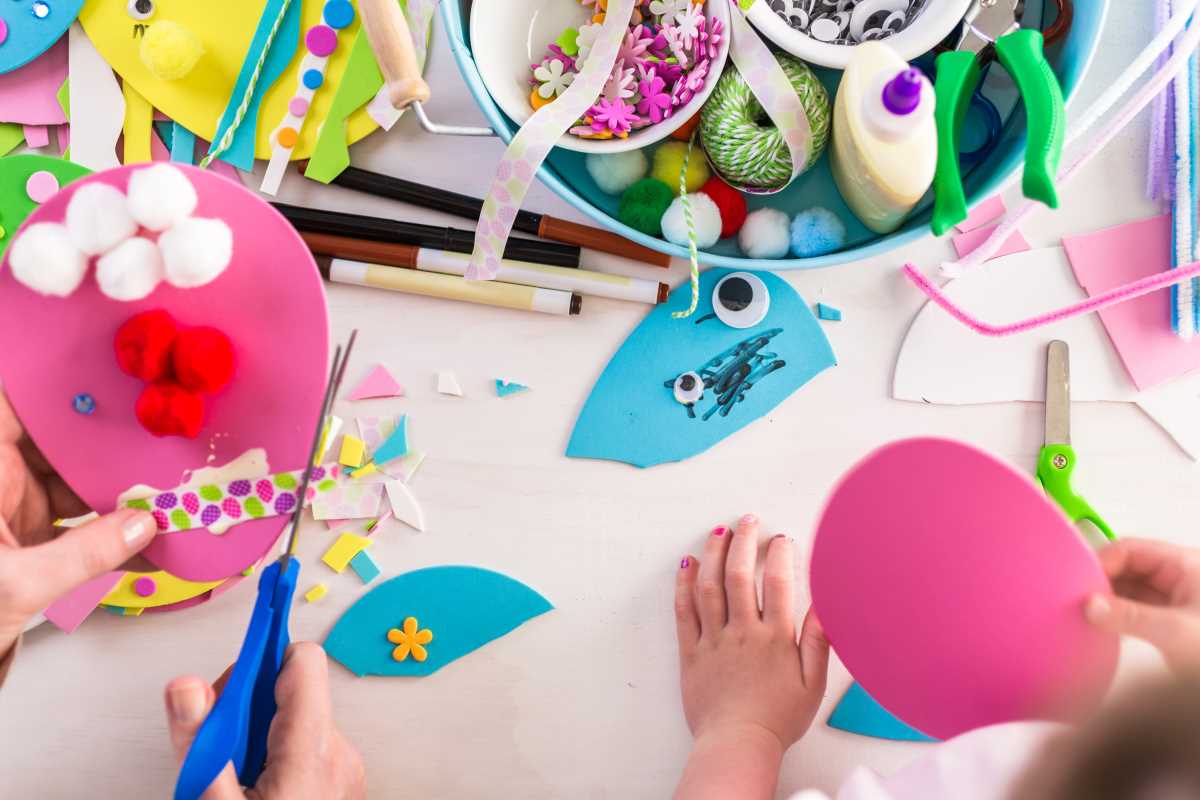Teaching children how to contribute to household chores can help build responsibility and independence from an early age. When considering chore ideas, it’s important to assign tasks that match their developmental stage. Here's a detailed look at age-appropriate chores and tips for making this part of your family’s routine.
Ages 2-3: Toddlers Learning Basics
Toddlers love to imitate adults, so it’s the perfect time to introduce simple chores. While they won't be able to do anything too complex, starting small with basic tasks encourages them to develop essential motor skills and understand the concept of responsibility.
Chore Ideas:
- Putting toys in a basket
- Wiping up spills (with supervision)
- Throwing away trash
- Helping set napkins on the table
Toddlers will enjoy chores that allow them to feel helpful. The key here is to provide lots of praise and guide them patiently through tasks, as they're just beginning to learn.
Ages 4-5: Preschoolers Take Responsibility
By age 4 or 5, kids have developed more dexterity and can start handling slightly more complex tasks. At this stage, they're better at following instructions and understanding simple responsibilities.
Chore Ideas:
- Making their bed (with some help)
- Feeding pets
- Sorting laundry into colors
- Watering plants
It’s essential to teach children at this age how to properly complete these chores while encouraging them to take pride in doing it on their own. Be sure to provide lots of positive feedback for their efforts.
Ages 6-7: Early School-Age Independence
Children aged 6 to 7 are starting to become more independent and capable of handling a broader range of responsibilities. They should be able to follow multi-step directions, which means chores that require some attention to detail are now appropriate.
Chore Ideas:
- Sweeping floors or vacuuming small areas
- Taking out the trash
- Helping with meal prep (washing vegetables or setting the table)
- Folding clean towels or clothes
At this stage, children can begin to understand that their contributions help the entire family, which instills a sense of teamwork. Encouraging their independence will help build their confidence.
Ages 8-10: Pre-Teens Take Ownership
By the time they reach 8 to 10 years old, kids have the coordination and problem-solving skills to take on more challenging household chores. They’re also likely able to handle daily responsibilities with more minimal supervision.
Chore Ideas:
- Cleaning their room without help
- Washing dishes or loading/unloading the dishwasher
- Preparing simple snacks or meals
- Raking leaves or helping with yard work
Giving pre-teens a more structured schedule for completing chores can teach them time management skills. Introduce the idea of allowance or rewards for consistency if it feels appropriate for your household.
Ages 11-13: Middle-Schoolers Manage Time
As middle-schoolers, children can begin managing household chores with little to no supervision. They should understand the importance of maintaining the household and how their contributions fit into the larger family routine.
Chore Ideas:
- Mowing the lawn
- Vacuuming or mopping larger areas
- Helping with grocery shopping and meal planning
- Doing laundry from start to finish
By this age, kids can handle a greater level of responsibility and can be expected to complete chores on a weekly basis without being reminded constantly. Creating a schedule or chore chart can be helpful to keep them on track.
Ages 14+: Teenagers Gain Independence
Teenagers should be fully capable of managing more complex tasks and taking responsibility for their daily chores. By this stage, they should not only understand how to complete household tasks but also why they’re important.
Chore Ideas:
- Deep cleaning areas like bathrooms or kitchens
- Cooking complete meals for the family
- Handling personal and shared laundry
- Running errands, such as picking up groceries
At this point, it’s beneficial to teach teens skills that will prepare them for adulthood, such as managing a budget for groceries or fixing minor household problems. Chores can also include car maintenance tasks, like cleaning or vacuuming the car.
Tips for Encouraging Consistency
- Set Expectations Early: Clear instructions and realistic expectations help children understand what’s expected of them.
- Make It Fun: Turn chores into a game or a timed challenge to keep younger kids engaged.
- Offer Incentives: Depending on your family’s style, you might introduce an allowance system or offer rewards for consistent effort, especially with older children.
- Model Good Behavior: Kids are more likely to develop good habits if they see their parents and caregivers regularly participating in household chores.
- Keep It Age-Appropriate: While it may be tempting to assign more complicated tasks, it's crucial to match the difficulty of chores to the child's developmental stage.
Building an Adult
Teaching kids to contribute to the household through age-appropriate chores not only helps maintain a cleaner, more organized home but also builds essential life skills. From learning the basics of tidying up as toddlers to preparing meals and managing their time as teenagers, kids gain valuable lessons in responsibility and independence. By gradually increasing their responsibilities and providing positive reinforcement, parents can foster a healthy work ethic and sense of accomplishment in their children.







